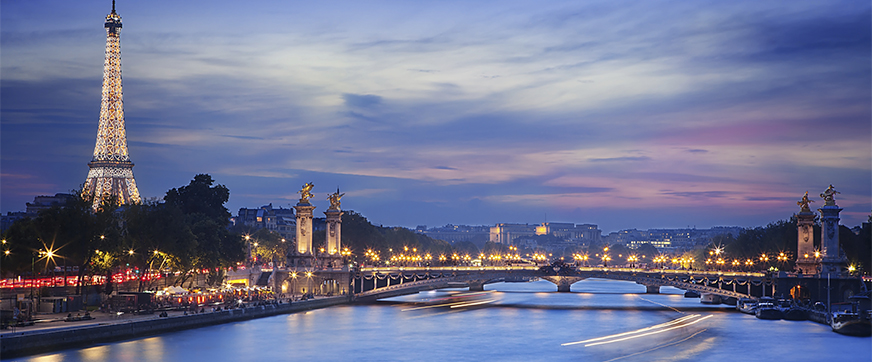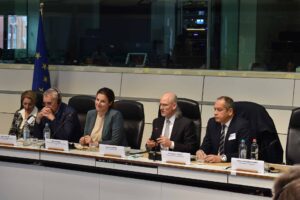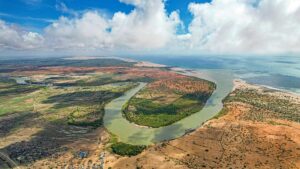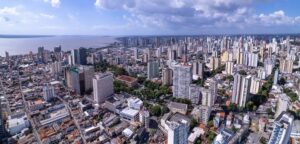Paris – (still) the city of light
The same city that suffered an attack just weeks ago, was also the stage for a landmark agreement, signed by nearly every country in the world - a framework that gives hope for strong climate action.
Never before have business leaders, mayors, civil society and scientists come together for a global UN meeting with such determination to act on climate change.
The Paris agreement has not, in itself, saved the climate. It does however, reflect the strong action that is needed. It is now time for a great transformation, linking up with the 2030 agenda and the SDGs.
A key turning point during these final negotiations, was the recognition of the importance to integrate freshwater in the global climate discourse.
“COP 21 was the first time in history when the role of freshwater has been discussed in the official UNFCCC COP agenda,” said Manuel Pulgar-Vidal, Peruvian Minister on the Environment and COP 20 president.
Collaboration between a broad range of actors around the #ClimateisWater initiative resonated widely and was echoed by both Ségolène Royal, the French Minister of Ecology, Sustainable Development and Energy, and the Moroccan Minister of Water, Charafat Afailal in a press briefing organized by SIWI during the resilience day on 2 December.
In an event hosted by SIWI at the Swedish Institute, South African Minister on Water, Ms Nomvula Mokonyane and the Executive Director of the Green Climate Fund, Héla Cheikhrouhou, both stated the importance of addressing water when acting on climate change. Ms. Cheikhrouhou, a Tunisian national said, “we are both African women and we both know that our continent is not only suffering of great development challenges but will also be disproportionally affected by the water effects of climate change”.
The Paris agreement is just the beginning. The next Conference of the Parties (COP) to the UNFCCC will take place in Marrakech, Morocco towards the end of next year. Until then the water community should build on its great collaborative efforts to help ensure that water is high on the climate agenda, and through concrete action, demonstrate how concrete, efficient mainstreaming of the climate and water agenda can be carried forward.








